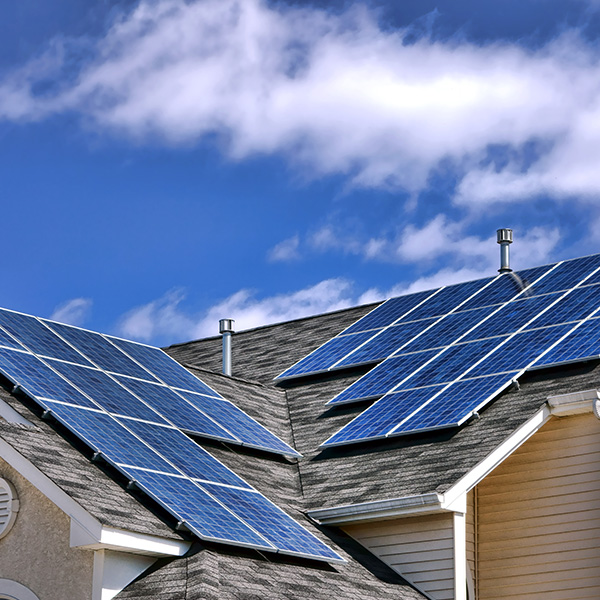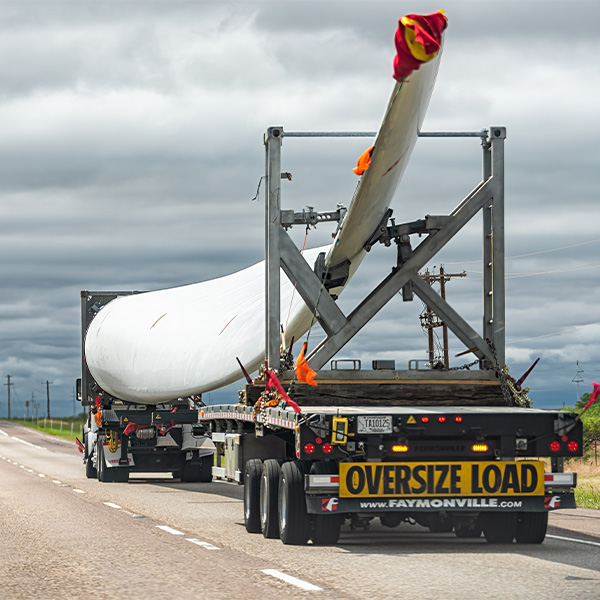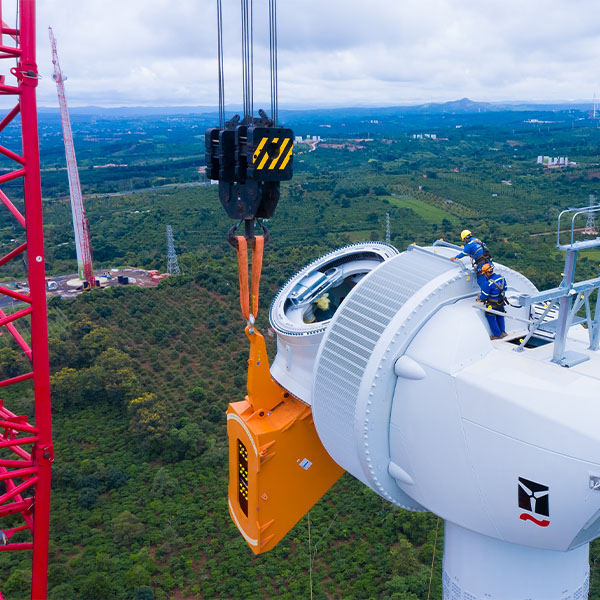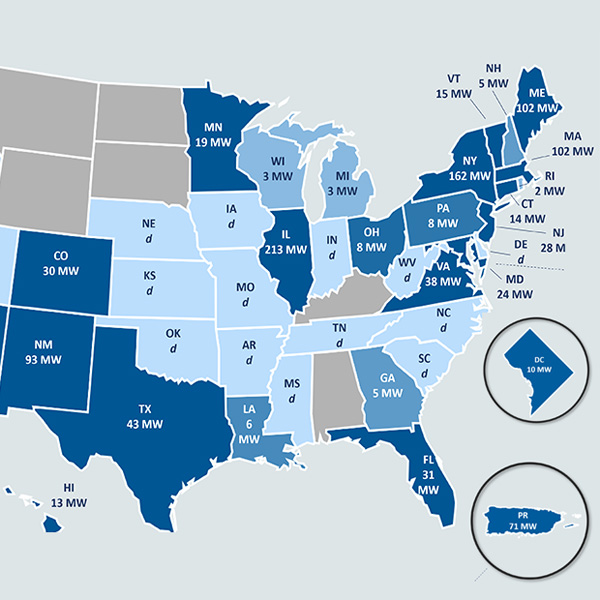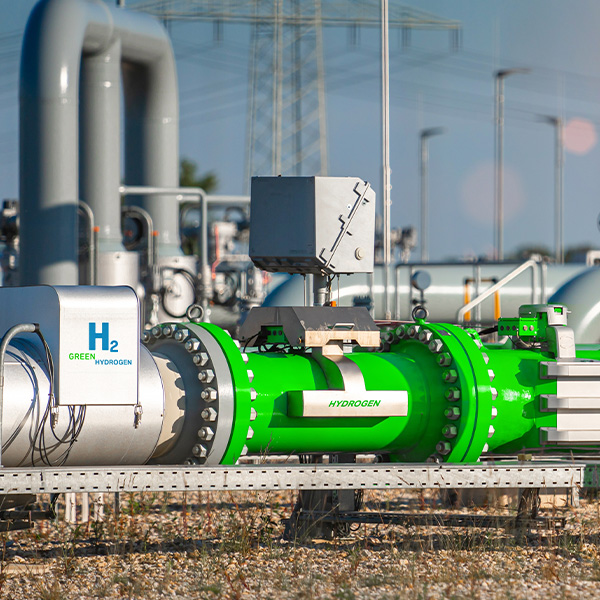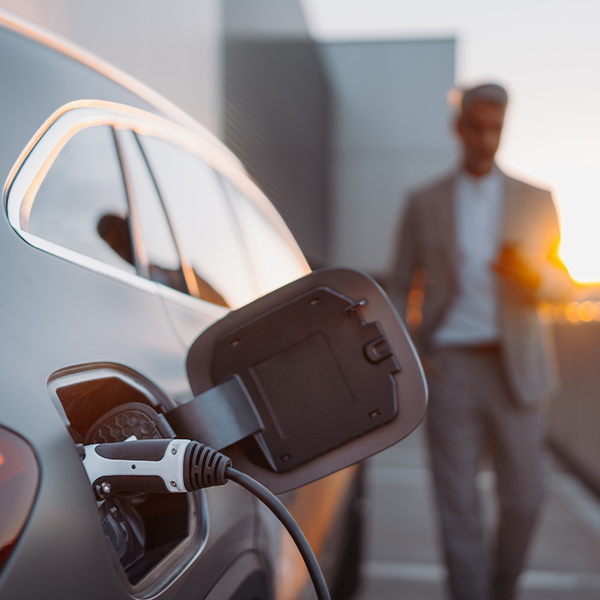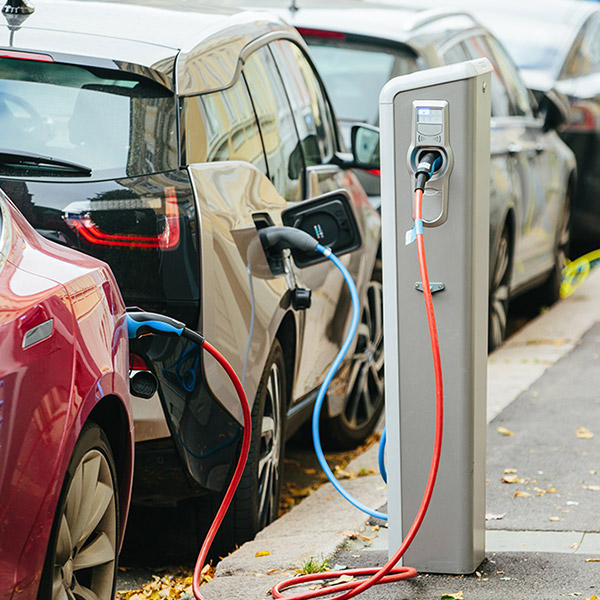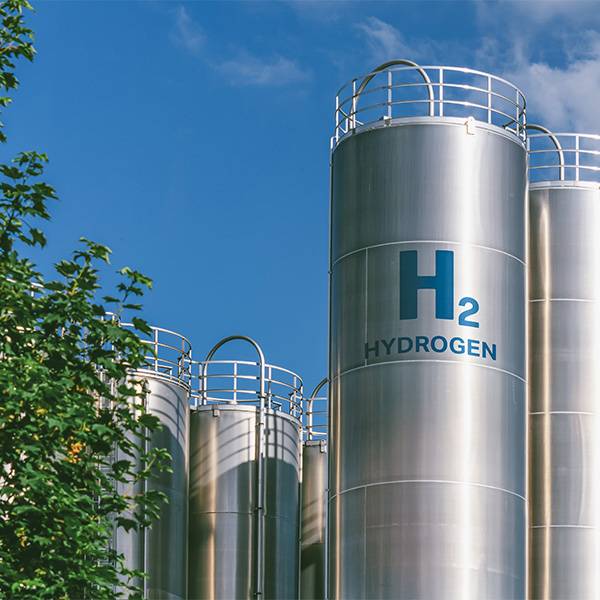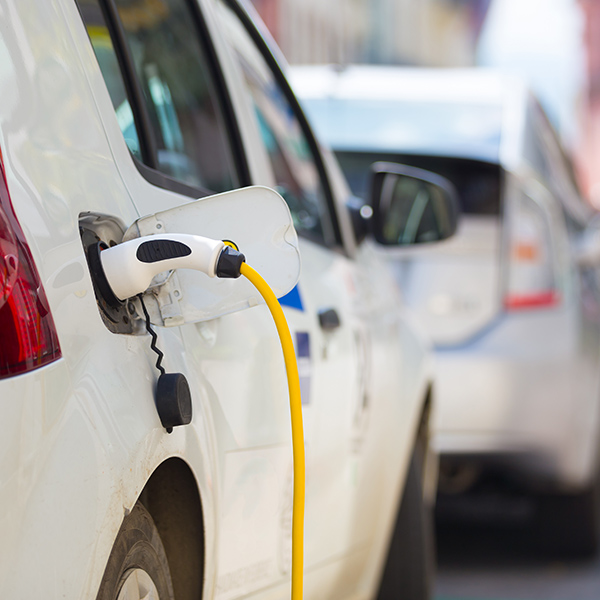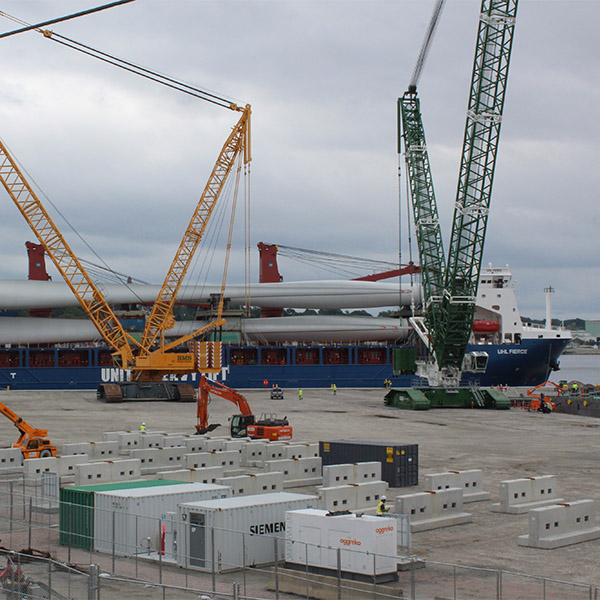Internal Revenue Service (IRS)
The New York Public Service Commission issued new interconnection rules for distributed energy resource developers and utilities aimed at capturing as many expiring Inflation Reduction Act tax credits as possible for wind, solar and storage projects.
The renewable energy industry and its advocates have initiated two more lawsuits against the Trump administration over its continuing campaign against wind and solar energy development.
The Trump administration is tightening the rules on qualifying for tax credits on new wind and solar construction, but not as much as some feared it would.
Rules and guidance for the federal Clean Electricity Low-Income Communities Bonus Credit have been finalized and will be published shortly.
The IRS has issued final clean hydrogen tax credit rules that balance the contentious and complicated matter well enough that industry and environmental advocates both can find something positive in the details.
According to Kelley Blue Book, the slow-down in EV sales could be a sign that "EVs are almost mainstream cars in parts of the country. Segment growth typically slows as volume increases."
The Treasury Department and the IRS released guidance on tax incentives from the Inflation Reduction Act to offset the cost of installing electric vehicle charging stations and other alternative refueling stations.
Hydrogen producers seeking tax credits will need to use new clean energy time-matched to demand, the Biden administration proposed.
As U.S. automakers pull back on plans to invest heavily in electric vehicles, claiming sales are not growing as fast as expected, the Treasury Department and Internal Revenue Service issued new guidelines on the federal tax credits for EVs that could further slow sales.
Governors of states that have procured all the offshore wind power contracted to date in U.S. waters are asking the federal government to help the struggling industry regain its momentum.
Want more? Advanced Search
